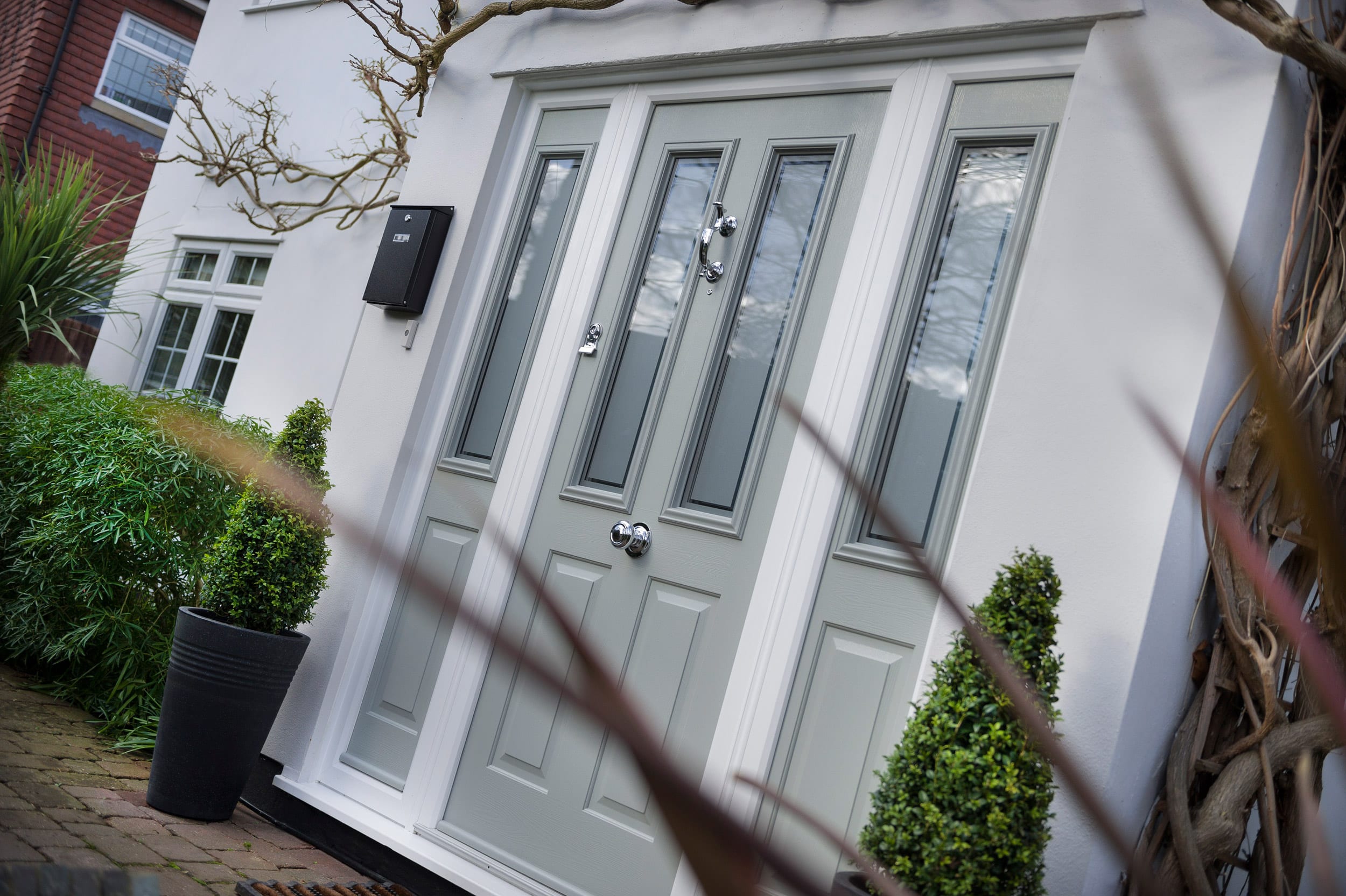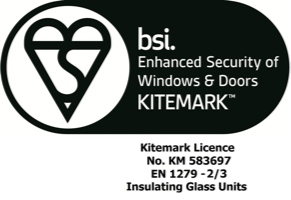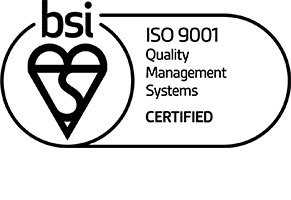
Most installers take their cues from manufacturers or other installers about what is legal to sell and install. If a door manufacturer, for example, says its door is fit for purpose, then it must be. If other installers sell and install it, it must be OK. But that’s a risky assumption. In consumer law, installers are responsible for what they sell and install, not the manufacturer. Other people’s assurances count for nothing in law.
Planning and building regulations stipulate the standards and performance composite doors are required to achieve so they can legally be sold and installed. Building Regulations are quite specific about security and thermal efficiency, and doors need to demonstrate they achieve them.
Solidor CEO Gareth Mobley says: “Composite door manufacturers, as with all manufacturers, need to be honest with trade customers. If their door doesn’t meet certain regulations or standards, they need to make that clear, or improve their door so it does. Misselling puts customers at risk, and that’s wrong.
“Our industry often ignores inconvenient regulations,” adds Gareth, “because we see others ignoring them and we don’t see people getting caught. Presumably VW thought it wouldn’t get caught cheating on emissions tests. But it was caught and it is proving to be very expensive. All composite doors should have a clearly visible CE mark. It isn’t a matter of choice; yet not all doors do. Does yours? Have you checked? It’s the law. In England and Wales, doors must achieve 1.8 U-value or lower. In Scotland it’s 1.6 U-value or lower. Yet some doors don’t. Does yours? Have you checked? It’s the law.
“All Solidor doors meet or exceed all the regulations and standards,” continues Gareth. “We’re the door experts so you don’t have to be. We’ve spent years investigating the thermal properties of different woods and different densities. So we know that solid plywood doors don’t achieve the U Value required by law to pass current building regulations. Using the wood they’re made of, it simply isn’t possible to achieve a low enough U value to pass. And there are no permitted loop holes or get out clauses. Solidor is constructed to pass all the tests. Its unique laminated-hardwood timber core is energy efficient, solid and secure.
“If you’re not sure about your door, look for the CE mark. Check the label. A Declaration of Performance is required. Make sure if you buy a timber core composite door that the sticker is on the door. Better safe than sorry. It’s your reputation and business on the line.”





















